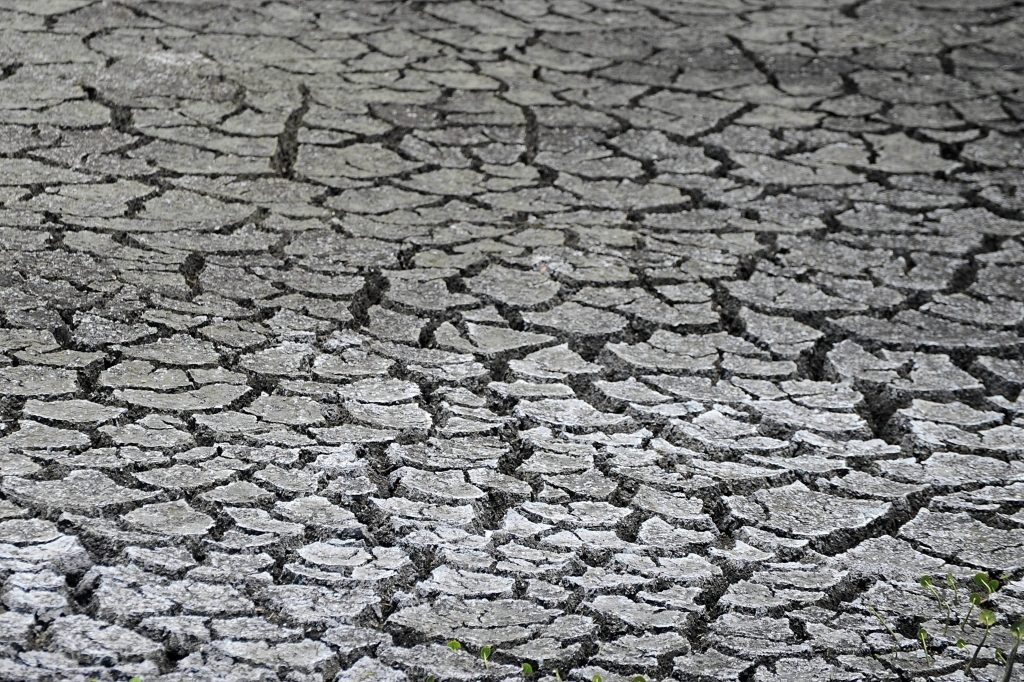By Satya Lakshmi V. Pasupuleti

Based on the climate analysis report published by British risk consultancy firm Verisk Maplecroft in November 2018, two-thirds of African cities are at an extreme risk of drought and heat waves caused by the climate change.
According to the report, two out of three cities on the African continent could experience serious negative effects from global warming by 2035. The increased vulnerability of these cities is attributed to rapid population growth and poor infrastructure.
Record levels of greenhouse gas emissions have contributed to an unacceptable warming pattern that has major implications for developing nations in Africa. These countries have experienced temperature increases that are much higher than the global average. African countries within 15 degrees of the equator are experiencing the highest frequency of heat waves and droughts.
According to the Intergovernmental Panel of Climate Change (IPCC), the western Sahel region is likely to experience the worst effects of rising temperatures with a major increase in the length of dry spells expected. West Africa was identified as a hotspot for climate change, which is likely to lessen crop yields and production, thereby impacting food security. The western region of southern Africa is also expected to become drier, with an increase in drought frequency and heat waves.
If the average global temperature increases by 2° C, there will be major changes in the occurrence and intensity of temperature extremes in all of sub-Saharan Africa. This will result in increased frequency of heat-waves, droughts and changing rainfall patterns impacting the crop-yields.
In response to the increased risks associated with climate change, countries from across the globe came together in 2015 to adopt the historic Paris Agreement. In December 2018, world leaders met in Katowice in southern Poland, for the Conference of the Parties to the United Nations Framework Convention on Climate Change (UNFCCC), called as COP24, to finalize the rules for implementation of the agreement. The agreement was signed by 197 nations.
The UN Climate Change Conference (COP25) took place in December 2019 to take the next crucial steps in the UN climate change process. Along with the process and the changes introduced by UN and the world nations, it should be every individual’s responsibility to contribute towards reducing the global warming.
References:


